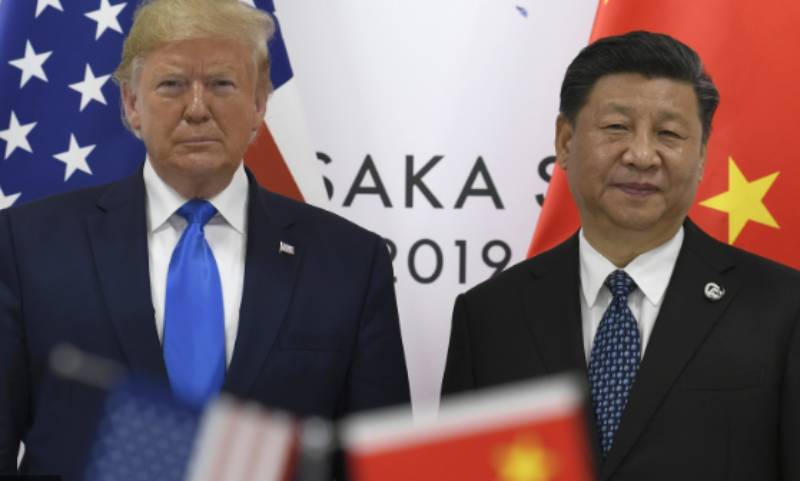
Relations between the world’s two superpowers, China and America, have been frosty in recent years. The ongoing trade war between the two nations that started with US President Donald Trump’s tenure has escalated into diplomatic tensions, a situation that has threatened to develop into a full-blown cold war.
But China is striving hard to ensure that the two maintain cordial relations for the sake of world peace and development. Leading these efforts on behalf of China’s President Xi Jinping is Wang Yi, the country’s Foreign Minister of the People's Republic of China.